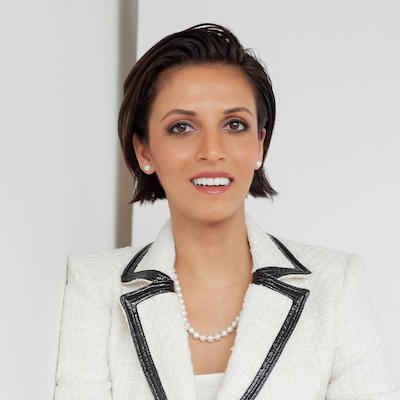Prineha Narang: "Ab initio approaches to nonequilibrium dynamics in quantum matter"

Abstract In this talk, I will present theoretical and computational physics approaches to describe excited-states in quantum matter, and predicting emergent states created by external drives. Understanding the role of such light-matter interactions in the regime of correlated electronic systems is of paramount importance to fields of study across condensed matter physics and ultrafast dynamics1. The simultaneous contribution of processes that occur on many time and length-scales have remained elusive for state-of-the-art calculations and model Hamiltonian approaches alike, necessitating the development of new methods in computational physics. I will discuss our latest results at the intersection of ab initio cavity quantum-electrodynamics and electronic structure methods to treat electrons, photons and phonons on the same quantized footing, accessing new observables in strong light-matter coupling. Current approximations in the field almost exclusively focus on electronic excitations, neglecting electron-photon effects, for example, thereby limiting the applicability of conventional methods in the study of polaritonic systems, which requires understanding the coupled dynamics of electronic spins, nuclei, phonons and photons. With our approach we can access correlated electron-photon and photon-phonon dynamics2–7, essential to our latest work on driving quantum materials far out-of-equilibrium to control the coupled electronic and vibrational degrees-of-freedom 8–20. In the second part of my talk, I will demonstrate how the same approach can be generalized in the context of control of molecular quantum matter and quantum transduction. As a first example, I will discuss a cavity-mediated approach to break the inversion symmetry allowing for highly tunable even-order harmonic generation (e.g. second- and fourth-harmonic generation) naturally forbidden in such systems. This relies on a quantized treatment of the coupled light-matter system, similar to the driven case, where the molecular matter is confined within an electromagnetic environment and the incident (pump) field is treated as a quantized field in a coherent state. When the light-molecule system is strongly coupled, it leads to two important features: (i) a controllable strong-coupling-induced symmetry breaking, and (ii) a tunable and highly efficient nonlinear conversion efficiency of the harmonic generation processes 21–23. Both of these have implications for molecular quantum architectures. Being able to control molecules at a quantum level gives us access to degrees of freedom such as the vibrational or rotational degrees to the internal state structure. Finally, I will give an outlook on connecting ideas in cavity control of molecules with quantum information science.
Biosketch Dr. Prineha Narang is a Professor in Physical Sciences at the University of California, Los Angeles (UCLA) where she holds the Howard Reiss Chair. Prior to moving, she was an Assistant Professor of Computational Materials Science at Harvard University. Before starting on the Harvard faculty in 2017, Dr. Narang was an Environmental Fellow at HUCE, and worked as a research scholar in condensed matter theory in the Department of Physics at MIT. She received an M.S. and Ph.D. in Applied Physics from Caltech. Her group works on theoretical and computational quantum materials, non-equilibrium dynamics, and transport in quantum matter. In 2023 she was appointed a U.S. Science Envoy by the State Department to advance foreign policy through scientific diplomacy and international cooperation. Narang’s work has been recognized by many awards and special designations, including the 2023 Maria Goeppert Mayer Award from the American Physical Society, 2022 Outstanding Early Career Investigator Award from the Materials Research Society, Mildred Dresselhaus Prize, Bessel Research Award from the Alexander von Humboldt Foundation, a Max Planck Award from the Max Planck Society, and the IUPAP Young Scientist Prize in Computational Physics all in 2021, an NSF CAREER Award in 2020, being named a Moore Inventor Fellow by the Gordon and Betty Moore Foundation, CIFAR Azrieli Global Scholar by the Canadian Institute for Advanced Research, and a Top Innovator by MIT Tech Review (MIT TR35). Narang has organized several symposia and workshops, most recently at the APS March Meeting on “Materials for Quantum Information Science”. Her continued service to the community includes chairing the Materials Research Society (MRS) Spring Meeting (2022) and the MRS-Kavli Foundation Future of Materials Workshop: Computational Materials Science (2021), as an Associate Editor at ACS Nano of the American Chemical Society, an Associate Editor at Applied Physics Letters of the American Institute of Physics, organizing APS, Optica (OSA), and SPIE symposia, and a leadership role in APS’ Division of Materials Physics. Outside of science, she is an avid triathlete, runner, and starting her mountaineering journey.
